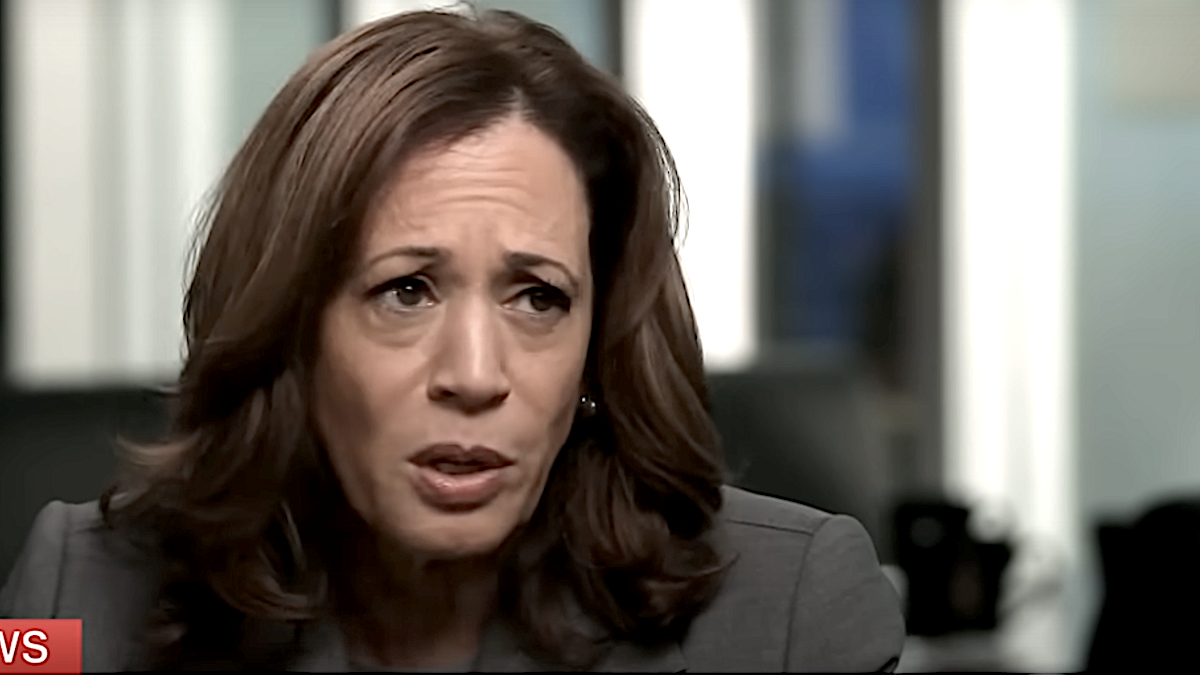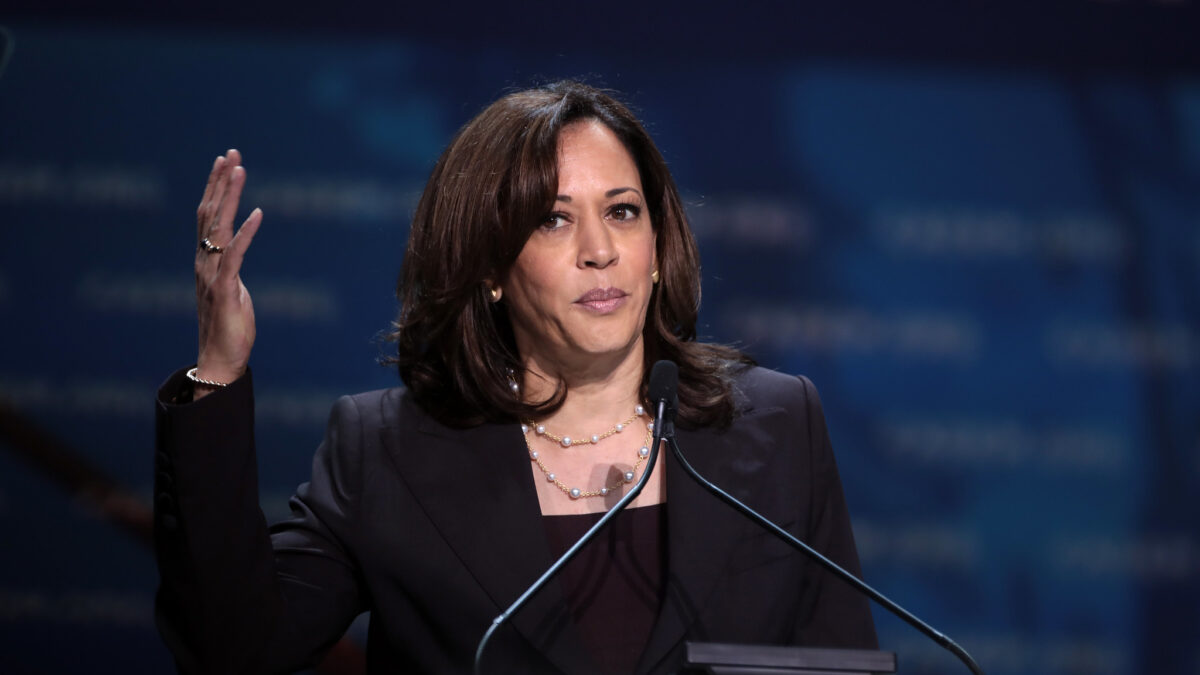Folks on the religious right may have thought that one of their major motivations was opposition to the practice of abortion. But no, Slate’s Amanda Marcotte informs them, their real motivation is defending segregation.
The religious right, who liked to call themselves the “moral majority” at the time, actually organized around fighting to protect Christian schools from being desegregated. It wasn’t Roe v. Wade that woke the sleeping dragon of the evangelical vote. It was Green v. Kennedy, a 1970 decision stripping tax-exempt status from “segregation academies”—private Christian schools that were set up in response to Brown v. Board of Education, where the practice of barring black students continued.
Marcotte cites a Politico article to this effect by historian Randall Balmer. But Ballmer’s facts are a little underwhelming. He ends up falling back on that old saw that racism was the secret, hidden motivation of the movement’s leaders, lurking behind the motivation they actually announced to rank-and-file supporters.
Falwell and Weyrich, having tapped into the ire of evangelical leaders, were also savvy enough to recognize that organizing grassroots evangelicals to defend racial discrimination would be a challenge. It had worked to rally the leaders, but they needed a different issue if they wanted to mobilize evangelical voters on a large scale.
Which is followed by this description of the role of abortion in launching the movement.
By the late 1970s, many Americans—not just Roman Catholics—were beginning to feel uneasy about the spike in legal abortions following the 1973 Roe decision. The 1978 Senate races demonstrated to Weyrich and others that abortion might motivate conservatives where it hadn’t in the past. That year in Minnesota, pro-life Republicans captured both Senate seats (one for the unexpired term of Hubert Humphrey) as well as the governor’s mansion. In Iowa, Sen. Dick Clark, the Democratic incumbent, was thought to be a shoo-in: Every poll heading into the election showed him ahead by at least 10 percentage points. On the final weekend of the campaign, however, pro-life activists, primarily Roman Catholics, leafleted church parking lots (as they did in Minnesota), and on Election Day Clark lost to his Republican pro-life challenger.
In the course of my research into Falwell’s archives at Liberty University and Weyrich’s papers at the University of Wyoming, it became very clear that the 1978 election represented a formative step toward galvanizing everyday evangelical voters. Correspondence between Weyrich and evangelical leaders fairly crackles with excitement.
So this was an article supposedly proving that abortion wasn’t the impetus for the religious right? Because I’m kind of confused.
Not content to claim that racism is really behind the religious right, Marcotte adds another issue of her own as an explanation for the origins of the religious right.
The “Stop ERA” campaign, headed up by Christian right leader Phyllis Schlafly to kill the Equal Rights Amendment banning sex discrimination, got moving in 1972…. With hostility to women’s equality rising, making the anti-abortion pitch was probably much, much easier.
We all know the old joke. World to end tomorrow; women and minorities hardest hit. Or in this case: religious right opposes abortion, women and minorities hardest hit.
I have no brief for the religious right, or for the anti-abortion movement. What I have a brief against is the left’s reflexive attempt to racialize every issue, to boil down every single manifestation of political opposition into just another hidden form of racism (or, since Hillary will likely be running in 2016, sexism).
It’s intellectually lazy and does no credit to their side of the argument, and more important, it’s a desperate attempt to keep the politics of racial conflict going indefinitely by infusing it into every issue. And we’ll all get hit pretty hard by that.
Follow Robert on Twitter.









